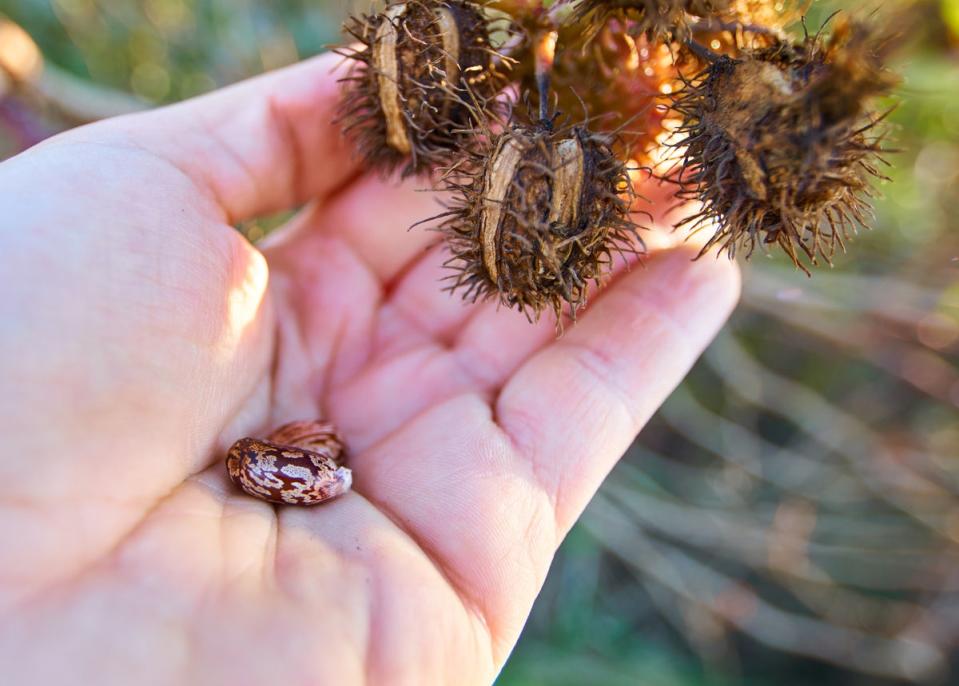Boy, 5, dies eating plant seeds with poison 30 times more toxic than ricin

A five-year-old boy in India has died after consuming the seeds of a highly poisonous plant.
After the boy ate the seeds of a plant called rosary pea, scientifically known as Abrus Precatorius, he developed seizures, went into a coma, and died within 24 hours.
His seven-year-old brother also ingested the seeds but was saved by doctors at a hospital in New Delhi.
“When we received the child, I was surprised to find that he was poisoned by a poison called abrin, which is released by seeds of a plant called Abrus Precatorius, also known as Ratti or Gunchi in India,” Dr Dhiren Gupta, a senior consultant in the department of pediatric emergency and critical care at Sir Ganga Ram Hospital told the Times of India.
Rosary peas are one of the world's most toxic plants, and if eaten, the toxin can be as fatal as snake venom.

The plant is native to India and other parts of tropical Asia, and can also be found in Florida and Hawaii, and the seeds are red with a black spot covering one end.
The poison, abrin, is similar to ricin which is a toxin that is also found in the seeds of a plant – the castor bean plant. However, abrin is 30 times more lethal.
It is used in medical research because of its potential as a treatment to kill cancer cells.
Abrin can cause illness when ingested as it prevents the cells of a person’s body make the proteins they need to function. Without the protein, the cells die and eventually harm the whole body and could cause death.
According to the Centres for Disease Control and Prevention, the major symptoms of abrin poisoning are difficulty breathing, fever, cough, nausea, and tightness in the chest. It can also cause vomiting and bloody diarrhea, hallucinations, seizures, and blood in the urine.
The symptoms also depend on whether the poison has been inhaled or ingested. Death can take place within 36 to 72 hours of exposure, depending on the route of exposure and the dose received.
“The child was unconscious, irritable, suffering from encephalopathy (swelling in the brain) and unstable vitals (high pulse rate with shock),” the hospital said in a statement.
“The challenge before us was that he was presented to us after 24 hours of ingestion and we lost the golden hour and unavailability of definitive antidote.”
The older brother has since been discharged from hospital and is now in a stable condition.


